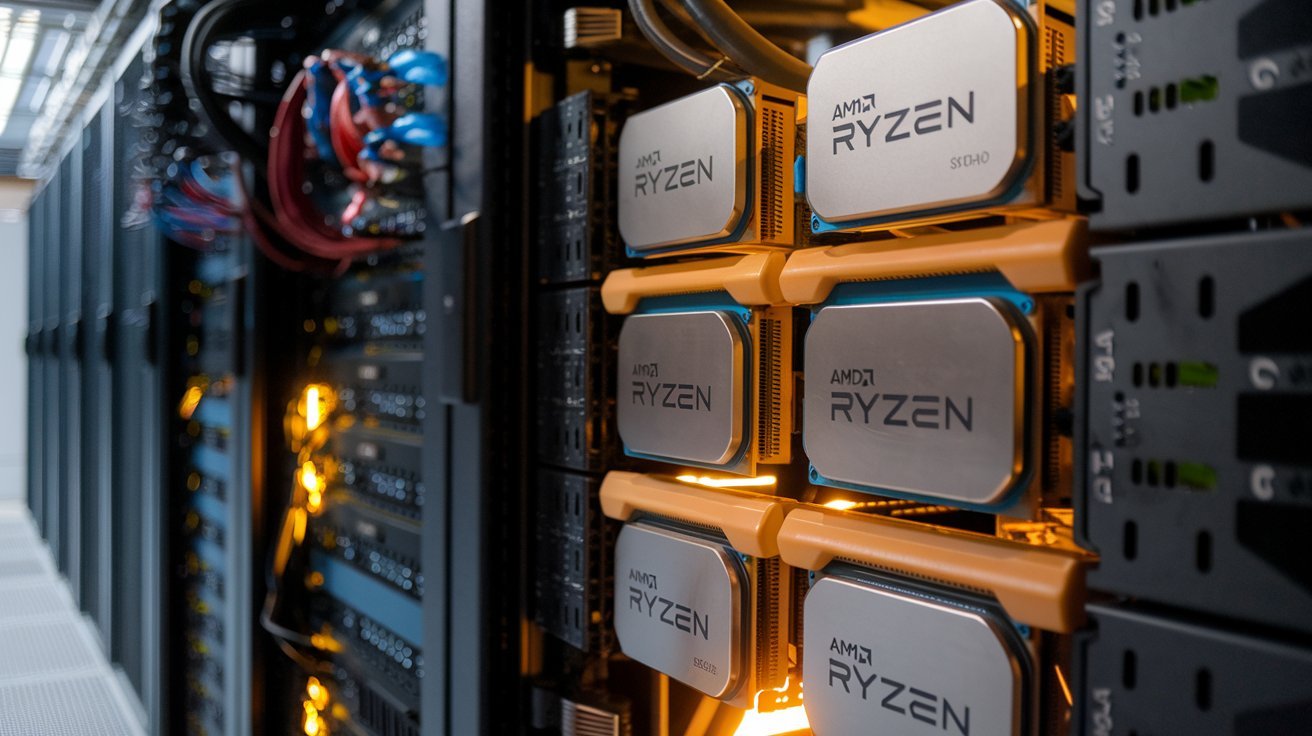Welcome to the demanding world of academia, where the relentless pursuit of knowledge can often leave students feeling overwhelmed and exhausted. It is essential to acknowledge that along with dedication and hard work, relaxation plays a crucial role in maintaining a healthy academic life. By understanding how to manage stress and recharge effectively, students can improve their focus, retain more information, and boost overall productivity. Keep reading to discover the most effective ways for students to relax and recharge in a competitive academic environment.
Mental Relaxation Techniques Tailored for Students
Mental relaxation techniques can offer immense relief from the demands of student life. Practices such as mindfulness meditation have been shown to reduce stress, anxiety, and symptoms of depression. By actively cultivating a state of awareness and presence, students can improve their concentration and mental clarity.
Deep-breathing exercises offer a quick and accessible way to trigger the relaxation response in the body. Engaging in these exercises before a study session, or a stressful exam can lower cortisol levels, the body’s primary stress hormone, leading to a calmer and more focused state of mind.
Guided imagery and progressive muscle relaxation are other techniques that students can use to mentally decompress. These methods assist in visualizing positive outcomes and systematically releasing tension throughout the body, creating a sense of calm and preparedness.
For those who might need a diversion from the rigorous study schedule, online games, and puzzles can be both entertaining and mentally reinvigorating. Engaging in best sweepstakes games can offer a casual escape that refreshes the mind before returning to academic tasks. Sweepstake casino games are a great way to enjoy downtime in a way that’s relaxing and fun. There are plenty of online casinos with table games, slots, and other ways to relax.
Effective Time Management Strategies to Avoid Burnout
Time management is a life-saver when it comes to preventing burnout. Students must learn to prioritize and allocate appropriate time slots for studying, assignments, and crucially, relaxation. By creating a structured schedule, there is less likelihood of academic tasks becoming unmanageable.
Setting achievable goals and breaking down assignments into smaller, manageable tasks can prevent the feeling of being overwhelmed. Using tools like planners or digital calendars allows students to visualize their workload, which alleviates anxiety and demonstrates that tasks are manageable.
One must not underestimate the power of saying no. Overcommitting to extracurricular activities and social engagements can deplete the time available for rest. Learning to assess the impact of additional commitments on one’s schedule is key to preserving downtime.
Maximizing productivity during designated study times for a pharmaceutical sciences masters can lead to more free time as well. Techniques such as the Pomodoro method encourage short, focused bursts of work followed by breaks, promoting efficiency and preventing fatigue. This method acknowledges our natural attention spans and utilizes them to boost productivity in studying pharmaceutical science and other subjects.

The Role of Physical Activity in Student Relaxation
Physical activity is often touted as a panacea for stress, and for a good reason. Engaging in regular exercise releases endorphins, the body’s natural stress relievers, which produce a mood-elevating effect known as the “runner’s high.” For students, this implies better emotional regulation and a reduced pressure from academic demands.
Exercise also acts as a form of meditation in motion, helping to clear the mind and offer a mental break from academic work. Whether it’s a brisk walk, a yoga session, or a structured workout, the act of focusing on physical movement provides a respite from academic concerns.
Beyond mental relaxation, physical fitness can boost brain health. Research shows a direct correlation between exercise and increased cognitive performance, which is crucial for students aiming to maintain peak mental capacity.
Navigating Social Life and Personal Time: Finding the Balance
Establishing a healthy balance between social life and academic responsibilities is pivotal in preserving one’s mental health. Social interactions can provide support, a change of scenery, and a different perspective, all of which are important for a well-rounded student life.
Yet, it’s equally important to value personal time — moments spent alone can be used for self-reflection, engaging in hobbies, or simply relaxing. Personal time should not be overlooked, as it enables students to recharge in solitude, away from the hustle of campus life.
Prioritizing and setting boundaries around socializing is crucial. While it’s tempting to attend every social event, discernment is necessary to ensure that there is enough time for both studies and rest. It’s about quality, not quantity, when it comes to social engagements and personal downtime.
Overall, embracing relaxation is fundamental to sustaining academic success and personal health. By managing time efficiently, incorporating physical activity, employing mental relaxation techniques, and balancing social connections with personal time, students can navigate their academic journey with resilience and grace.
Also Read: Affordable Living: Mobile Homes for Rent at $400






